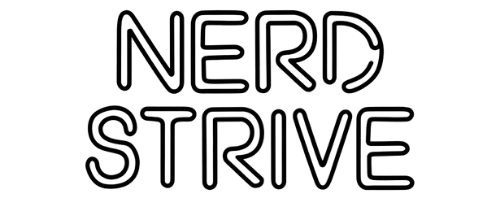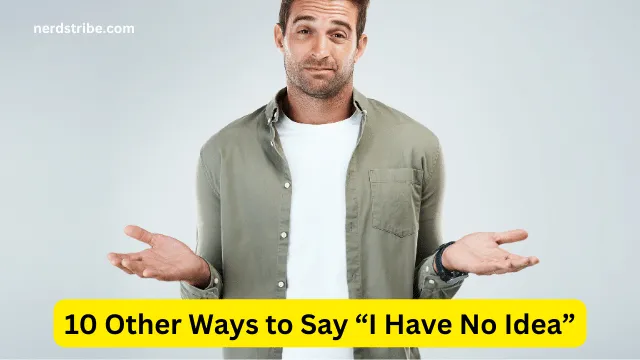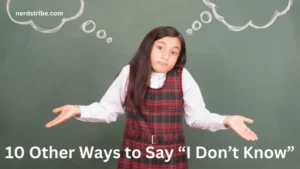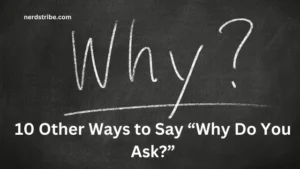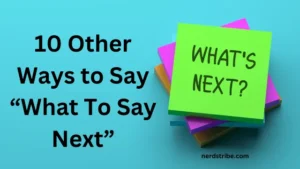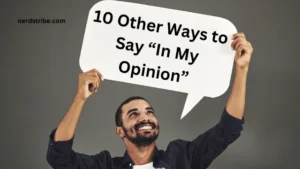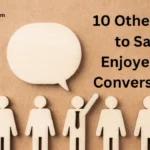Sometimes, admitting that you don’t know something feels like a defeat. Whether you’re in a professional meeting, casual conversation, or facing a tricky question, blurting out “I have no idea” might make you seem disinterested or uninformed. But what if you could say the same thing in a way that sounds confident, curious, and engaging? Choosing your words wisely can turn a moment of uncertainty into an opportunity for connection or collaboration.
In our daily interactions, how we phrase things matters just as much as what we say. Saying “I have no idea” outright can be blunt or even unhelpful. By rephrasing this simple statement, you can maintain credibility and keep the conversation flowing. It’s all about expressing uncertainty while still sounding proactive and thoughtful.
This blog will help you discover 10 creative and effective alternatives to “I have no idea.” Each one is tailored to fit different situations, ensuring you always have the right response at hand. Let’s explore these alternatives and learn how to handle uncertainty with grace and confidence.

Contents
- 1 1. “I’m Not Sure, But Let Me Find Out”
- 2 2. “That’s a Good Question, Let Me Think About It”
- 3 3. “I Don’t Know the Details Offhand”
- 4 4. “Let Me Consult With Someone Who Knows”
- 5 5. “I’ll Need to Do Some Research”
- 6 6. “I Haven’t Come Across That Yet”
- 7 7. “I’m Not the Best Person to Answer That”
- 8 8. “I Don’t Have Enough Information Yet”
- 9 9. “That’s Outside My Expertise”
- 10 10. “I’ll Explore This Further”
- 11 Conclusion
- 12 FAQs
- 12.1 Why is it important to avoid saying “I have no idea” directly?
- 12.2 Which alternative works best in professional settings?
- 12.3 How can these alternatives build trust in communication?
- 12.4 Can these alternatives be used in casual conversations?
- 12.5 What if I genuinely don’t know and can’t find the answer?
- 12.6 How do these phrases improve communication skills?
1. “I’m Not Sure, But Let Me Find Out”
This response shows a willingness to learn and find the answer.
- Example: “I’m not sure, but I’ll ask the team and get back to you.”
- Essential: It demonstrates initiative and a proactive mindset.
2. “That’s a Good Question, Let Me Think About It”
Acknowledge the question and buy time to process or research.
- Example: “That’s a good question—let me think about it and circle back.”
- Essential: This conveys that you value the query and want to give a thoughtful answer.
3. “I Don’t Know the Details Offhand”
This sounds professional and sets realistic expectations.
- Example: “I don’t know the details offhand, but I’ll gather the information for you.”
- Essential: It keeps the conversation productive without sounding dismissive.
4. “Let Me Consult With Someone Who Knows”
This shows humility and a team-oriented approach.
- Example: “Let me consult with our technical expert to get you an accurate answer.”
- Essential: Great for situations where expertise is required.
5. “I’ll Need to Do Some Research”
Indicates that you are committed to finding the right answer.
- Example: “I’ll need to do some research to give you the best response.”
- Essential: It’s a polished way to admit uncertainty without appearing unprepared.

6. “I Haven’t Come Across That Yet”
Highlights curiosity and openness to new experiences.
- Example: “I haven’t come across that yet, but I’m eager to learn more about it.”
- Essential: This keeps the tone positive and forward-thinking.
7. “I’m Not the Best Person to Answer That”
Deflects the question respectfully while guiding the conversation.
- Example: “I’m not the best person to answer that, but I can connect you with someone who is.”
- Essential: It’s ideal for delegating questions you’re not equipped to answer.
8. “I Don’t Have Enough Information Yet”
Sets clear expectations for when you can provide a response.
- Example: “I don’t have enough information yet, but I’ll gather it and follow up.”
- Essential: Perfect for professional and time-sensitive contexts.
9. “That’s Outside My Expertise”
Acknowledges your limitations without undermining your credibility.
- Example: “That’s outside my expertise, but I’d be happy to learn more or direct you to someone who knows.”
- Essential: It’s respectful and keeps the conversation collaborative.
10. “I’ll Explore This Further”
Conveys curiosity and a growth mindset.
- Example: “I’ll explore this further and share what I find.”
- Essential: Encourages follow-up and builds trust in your resourcefulness.
Conclusion
Uncertainty is a natural part of life, and expressing it doesn’t have to be awkward or negative. By using these 10 alternatives to “I have no idea,” you can communicate with confidence, foster collaboration, and keep conversations constructive. Each phrase offers a unique way to approach unknowns, whether you’re buying time, showing initiative, or deferring to an expert.
Remember, the way you handle uncertainty speaks volumes about your character. It shows that you value accuracy, respect others’ input, and are open to learning. The next time you’re faced with a question that stumps you, try one of these alternatives and see how it transforms the interaction.
FAQs
Why is it important to avoid saying “I have no idea” directly?
Saying “I have no idea” outright can come across as dismissive or unhelpful. Alternatives help you maintain credibility and foster a positive tone.
Which alternative works best in professional settings?
Phrases like “Let me consult with someone who knows” or “I’ll need to do some research” are professional and show initiative.
How can these alternatives build trust in communication?
They demonstrate that you’re proactive, respectful, and willing to find accurate answers, which fosters trust and collaboration.
Can these alternatives be used in casual conversations?
Yes, options like “That’s a good question, let me think about it” work well in both casual and formal settings.
What if I genuinely don’t know and can’t find the answer?
Be honest and suggest another resource, such as “I’m not the best person to answer that, but I can guide you to someone who is.”
How do these phrases improve communication skills?
They help you express uncertainty thoughtfully, keeping the conversation open and productive while maintaining your credibility.
